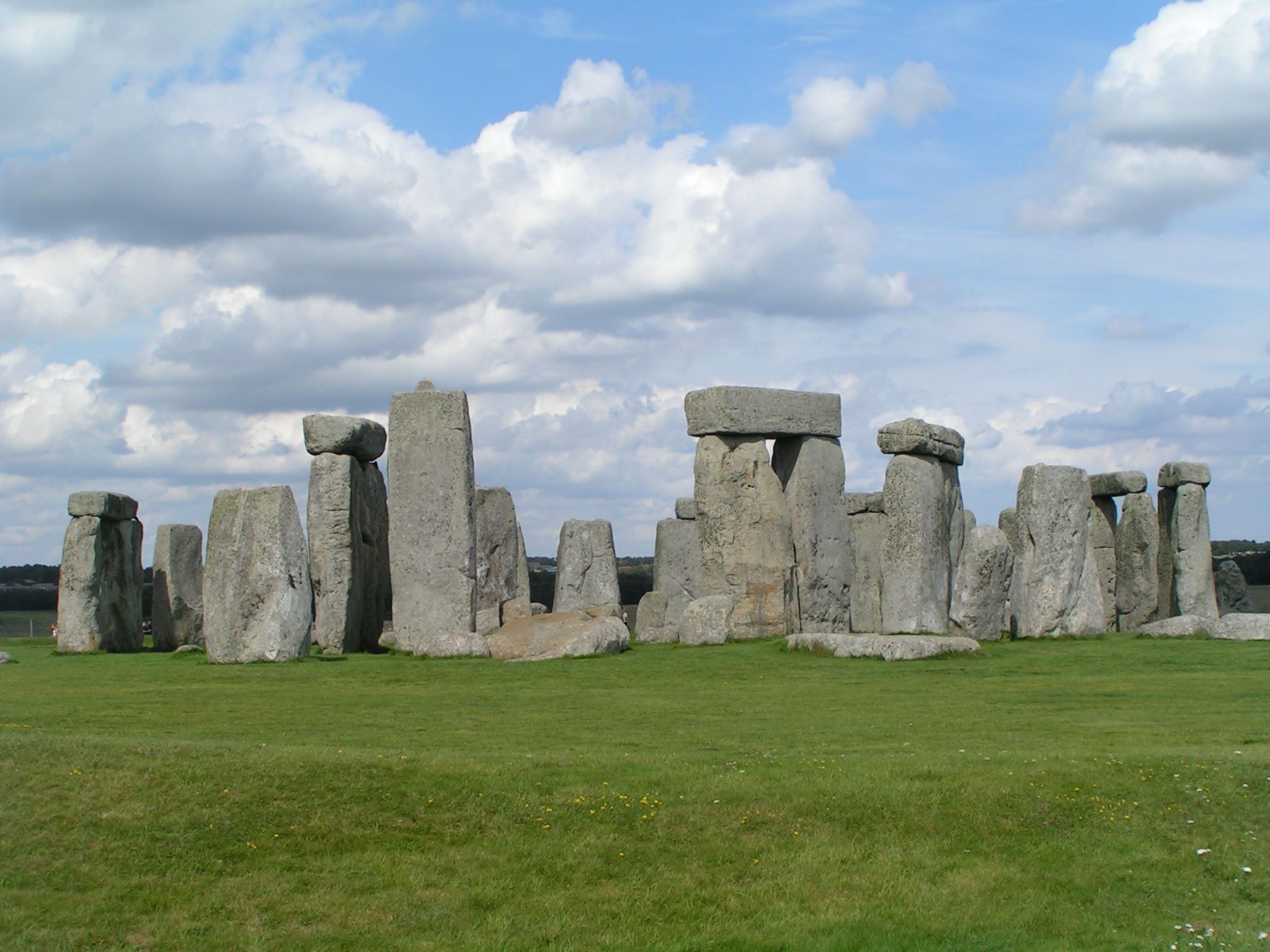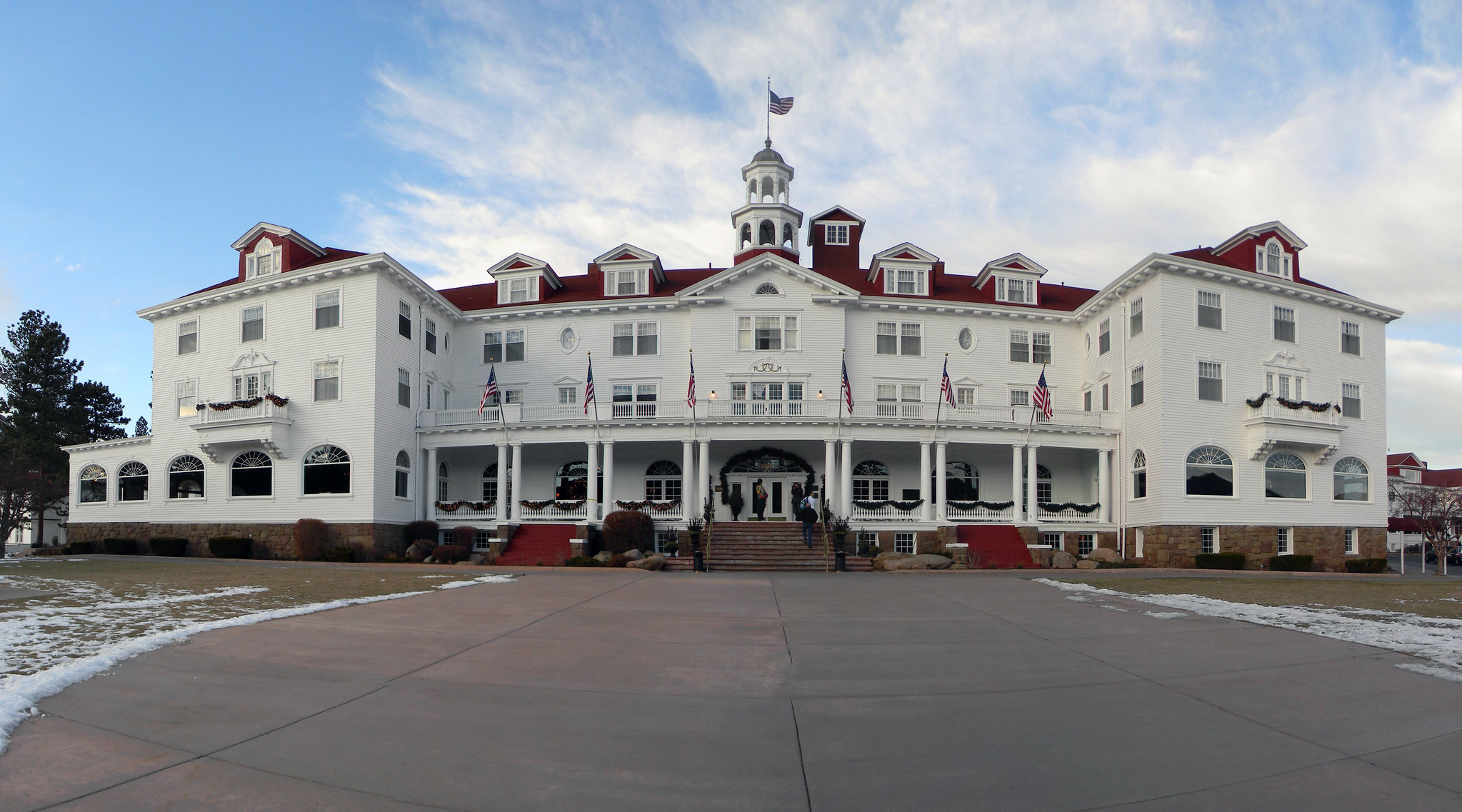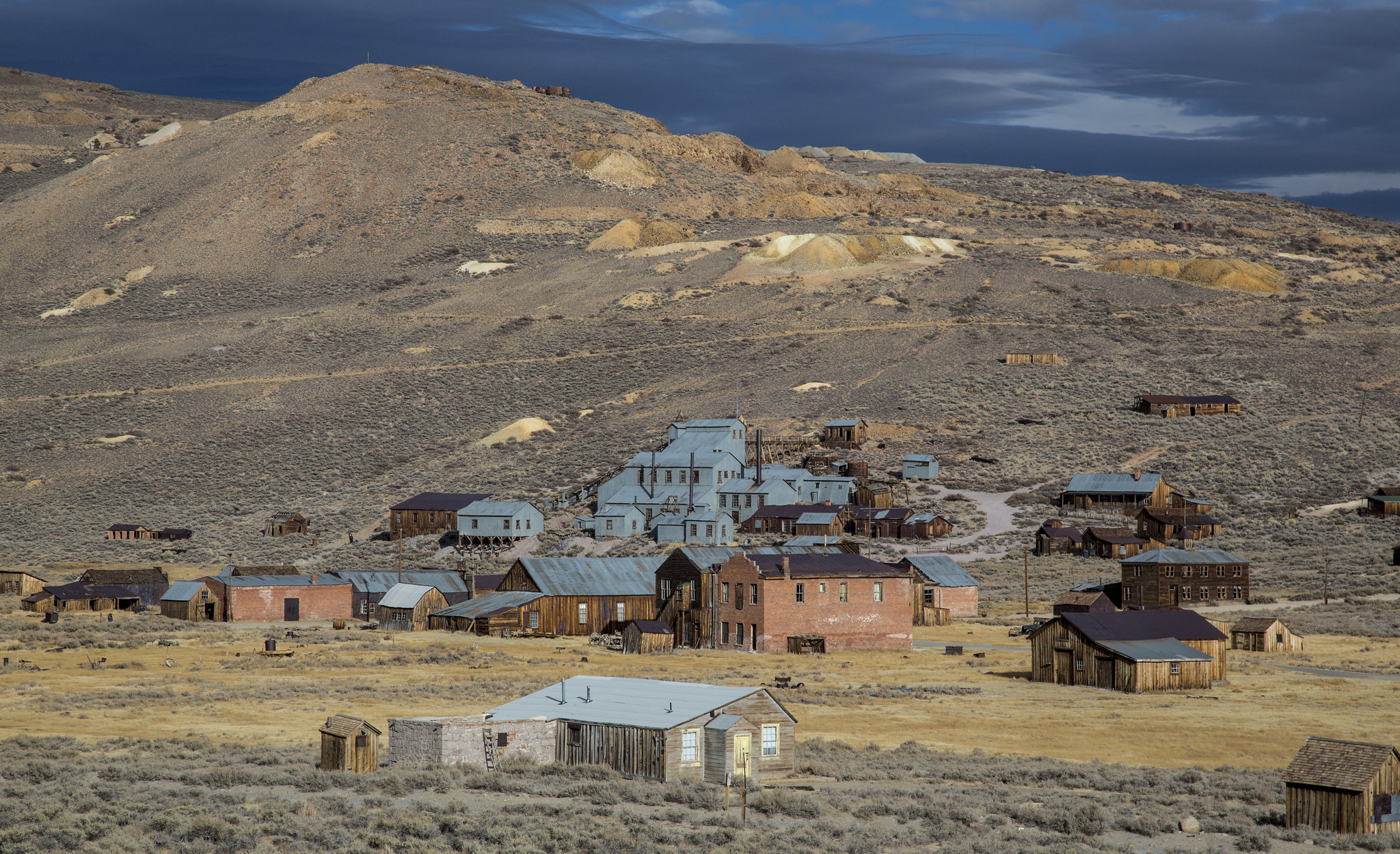Artifacts from long-gone civilizations are the primary source of our understanding of those societies.
The artifacts, buildings, and religious icons left behind by the ancients tell us a lot about their way of life and their beliefs.
However, some antique items’ histories remain a complete enigma. Who made them, and how did they come to be? Why were they even there?
These three ancient structures still baffle modern day archeologists.
Stonehenge, England
Stonehenge, which was built between 3000 and 2000 BCE, is a circular arrangement of trilithons, or constructions made of two upright stones supporting a third horizontal stone. Each stone in Stonehenge weighs around 25 tons.
The Preseli Hills, located about 150 miles from the modern-day Stonehenge site in Wiltshire, England, are the source of the bluestone used to construct the stones.
This raises the question of how such large stones could have been transported over such a long distance.
How did they get put up, though? These explanations just scratch the surface.
Sunrise at Stonehenge today (31st May) was at 4.48am, sunset is at 9.11pm 🌦 pic.twitter.com/FK0hsxIWfb
— Stonehenge U.K (@ST0NEHENGE) May 31, 2023
The true function of Stonehenge is still dimly understood. Its trilithons aligned with the summer solstice dawn and the winter solstice sunset, therefore we know it served as an observatory of sorts.
Human bones going back to about 3000 BCE have been discovered at the site, leading some to conclude that the monument also served as a burial cemetery.
There is a widespread belief that modern Druids are responsible for perpetuating the myth that the Celtic Druids built Stonehenge.
Contrary to popular belief, however, work on Stonehenge really began long before the Celtic peoples arrived in Britain.
Recent research suggests that the monument may have been constructed at three distinct eras by three different tribes.
Nan Madol, Pohnpei
Ancient Nan Madol was constructed entirely on coral reefs off the coast of Pohnpei in the Pacific.
There are almost a hundred artificial islands there, built with coral fill and stone.
Due to its many small islands connected by canals, Nan Madol has been called “the Venice of the Pacific.”
The constructions of Nan Madol required more than 750,000 tons of stone.Neither the source of the stone nor the means by which it was transported by the builders are known.
Have you heard of Nan Madol? An ancient city comprised of 100 stone and coral filled platforms atop artificial islands in Pohnpei Micronesia. Dating to the 5th-11th century AD. The enclosure covers 75 hectares. The foundations of the islets, constructed with huge BASALT BOLDERS.. pic.twitter.com/pijix0fmnf
— WhatdoIknow (@Earstohearyou) March 23, 2023
We also don’t know why the city was built on coral reefs instead on the far more practical land.
Even more mysterious is the city’s building atop the reefs, given that there is no fresh water or food in it (such items must be delivered from the inland).
The earliest documented development of the city is placed sometime in the 8th century CE.
The Saudeleur Dynasty, the first government to unite all of Pohnpei, called this city their capital.
Teotihuacan, Mexico
The ruins of the ancient city of Teotihuacan can be seen in present-day Mexico.
Hundreds of years passed after the old buildings were torched and left abandoned until the Aztecs discovered it in the 15th century.
People there called it Teotihuacan, which means “the place where the gods were created.”
No written documents were left by the early Teotihuacans, thus very little is known about them or their magnificent metropolis.
Teotihuacan Pyramid in Mexico City in 1900 and then in 2020. pic.twitter.com/mKdwGSDLgR
— History In Picture (@realtimehistry) May 28, 2023
The city’s 13 square miles are dominated by a row of pyramids that were groundbreaking structures when they were built (about 300 CE).
Teotihuacan, at the time, was the greatest settlement in the whole Americas. When the Aztecs came to it, why had it already been abandoned?
Burned structures may be evidence of an insurrection by the city’s working class, according to some archaeologists.
Some say attackers destroyed the city, causing its people to seek refuge in nearby communities.
Teotihuacan, despite its mysterious disappearance, has become a major tourist attraction for people curious about ancient Mesoamerican civilization.





